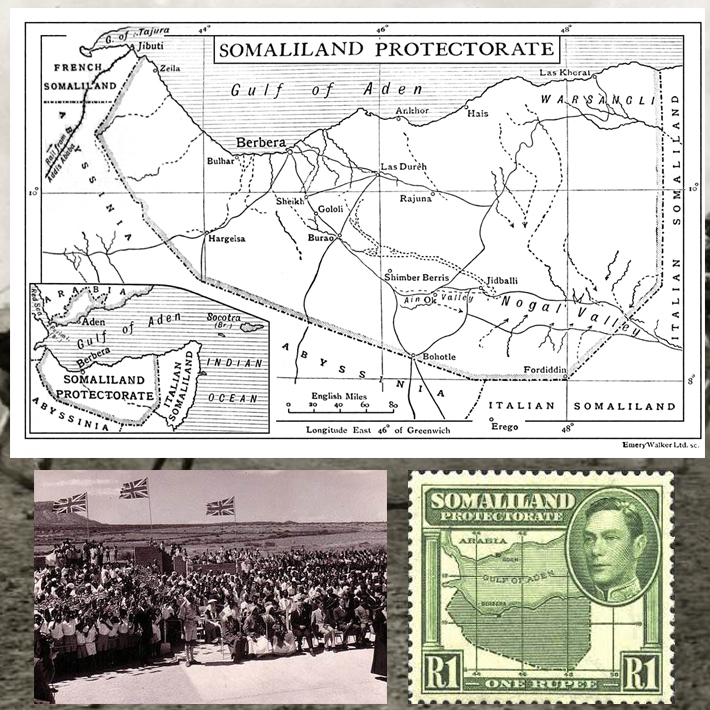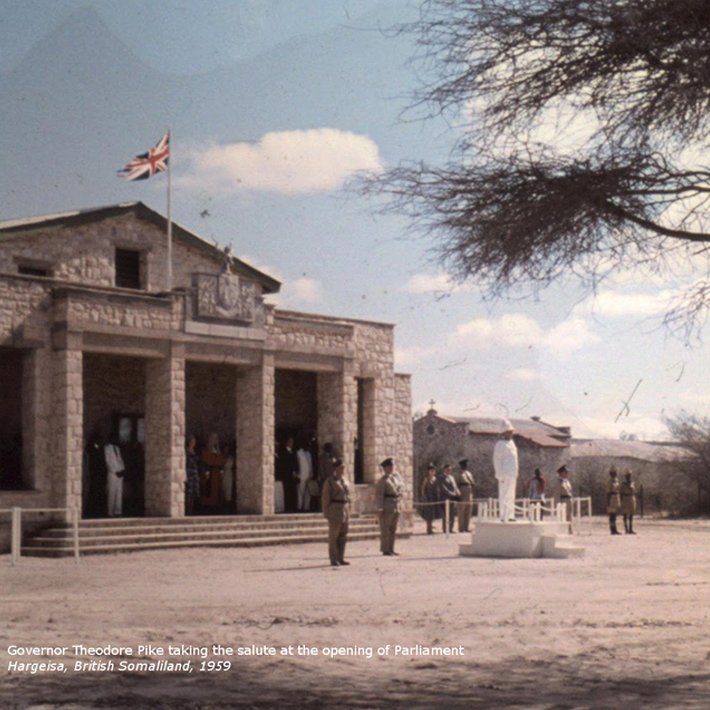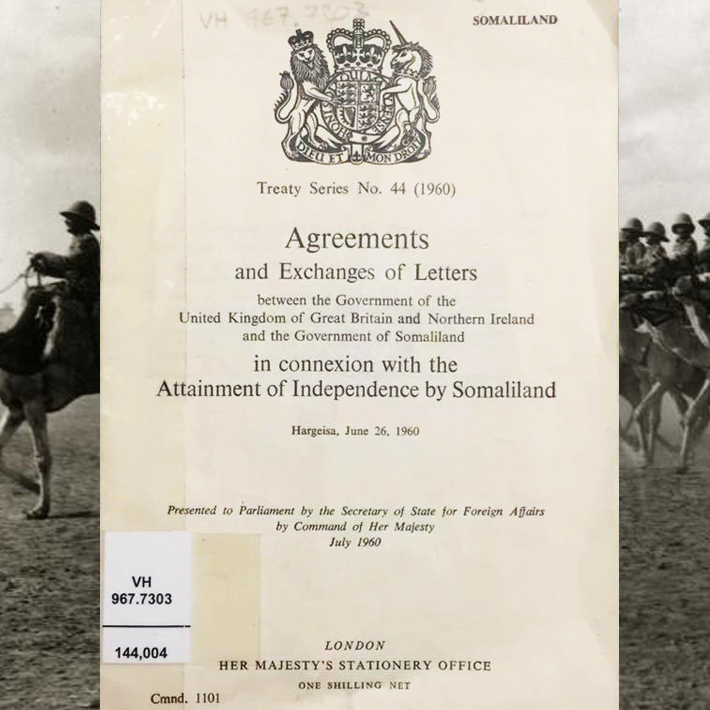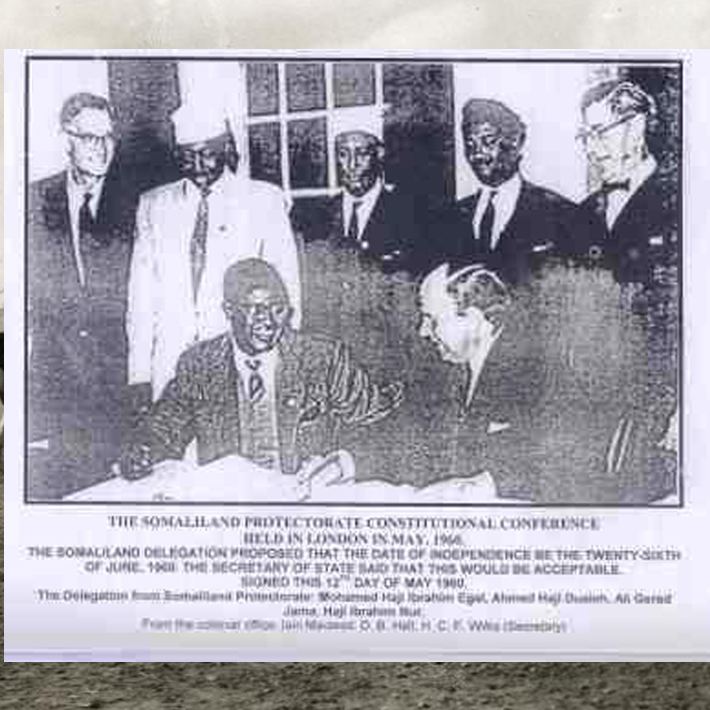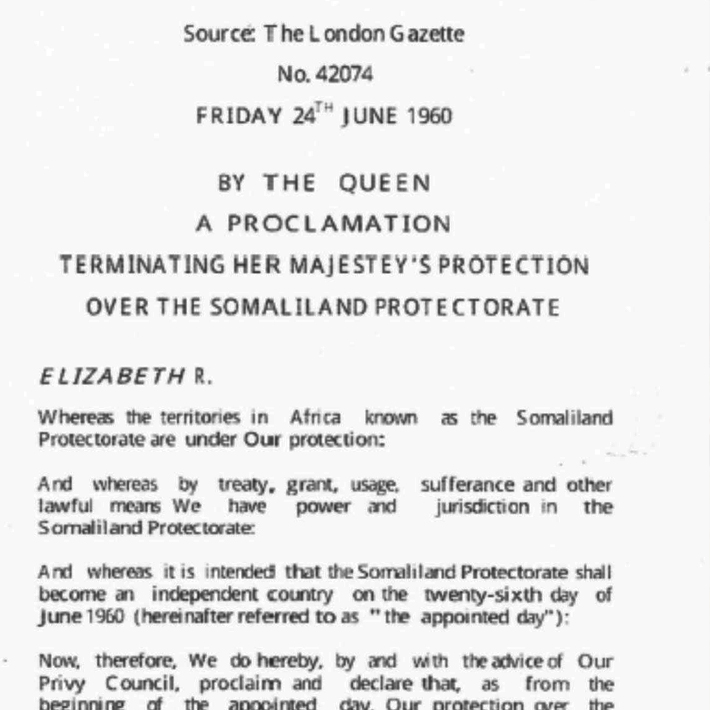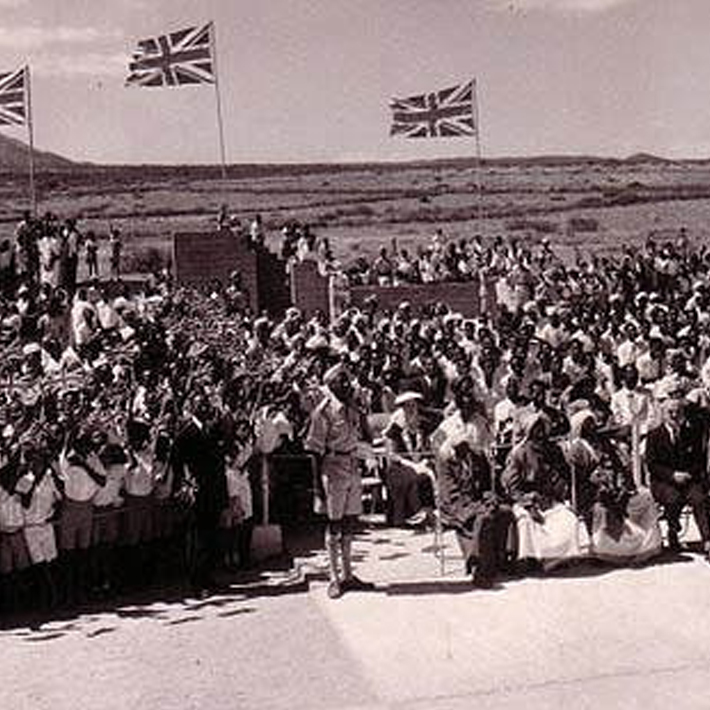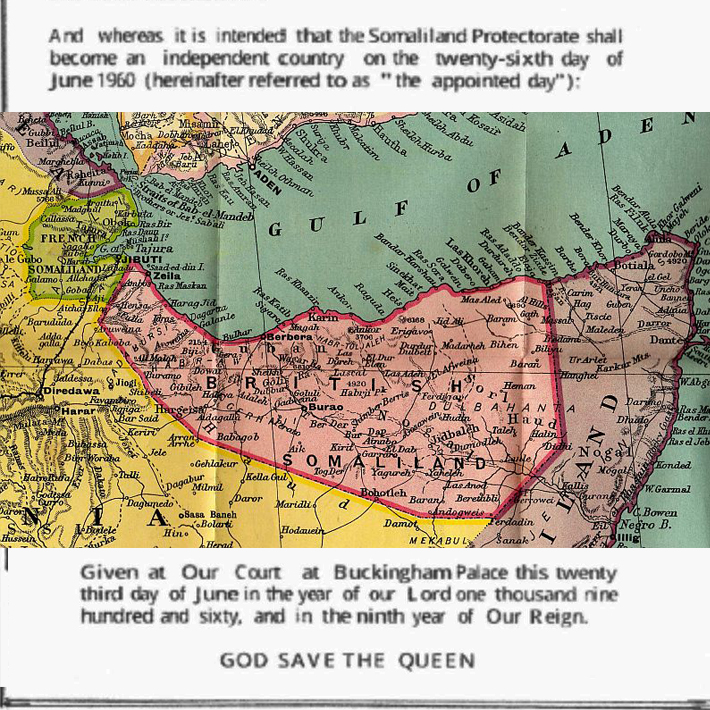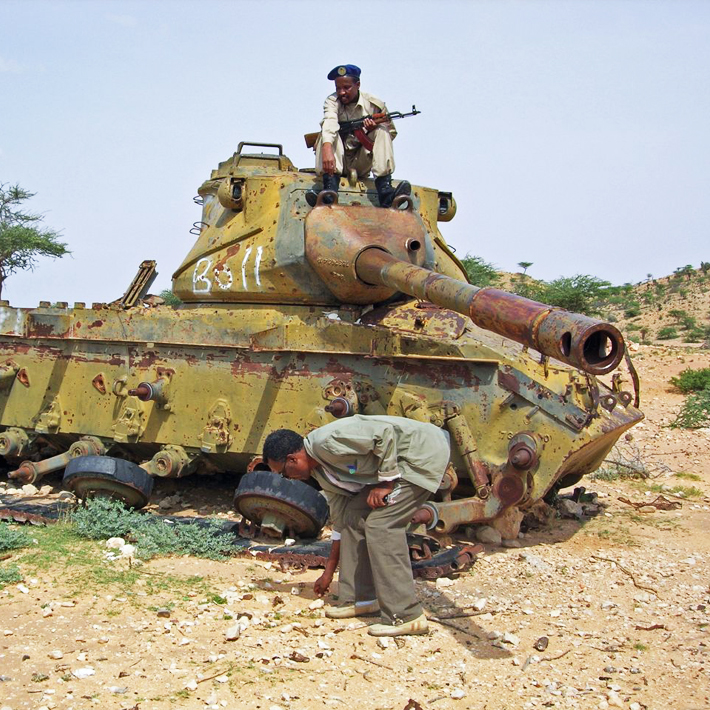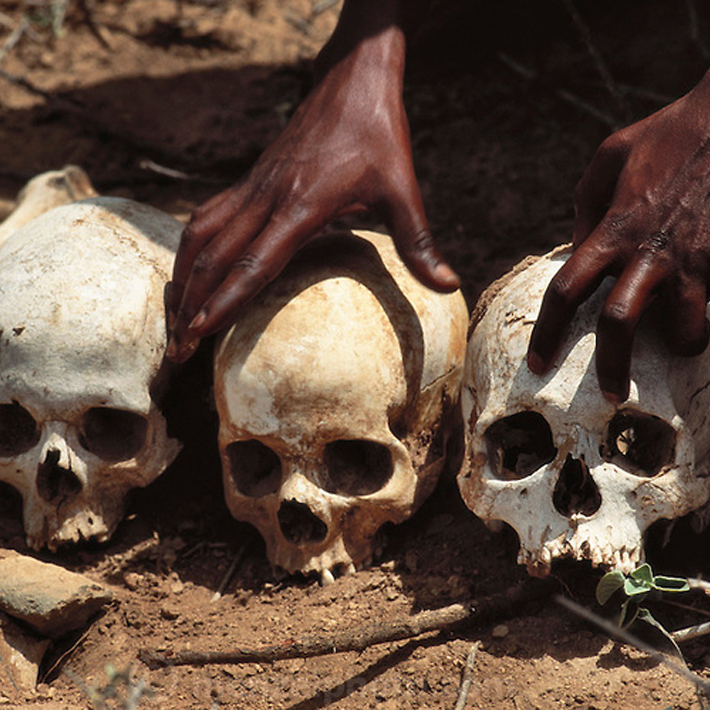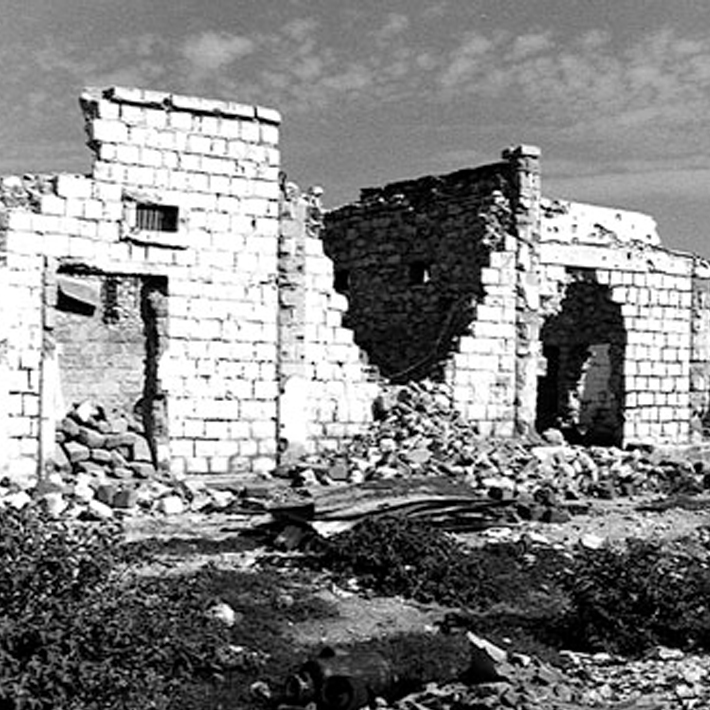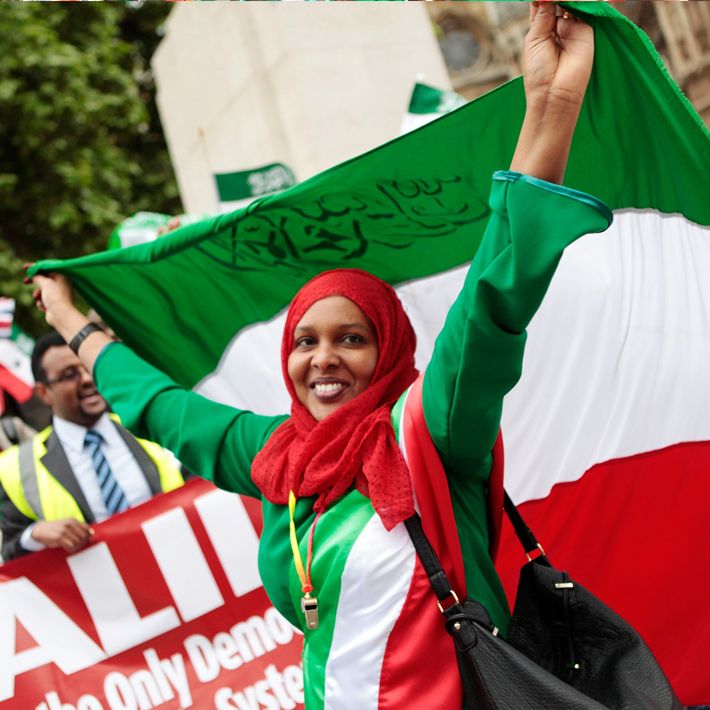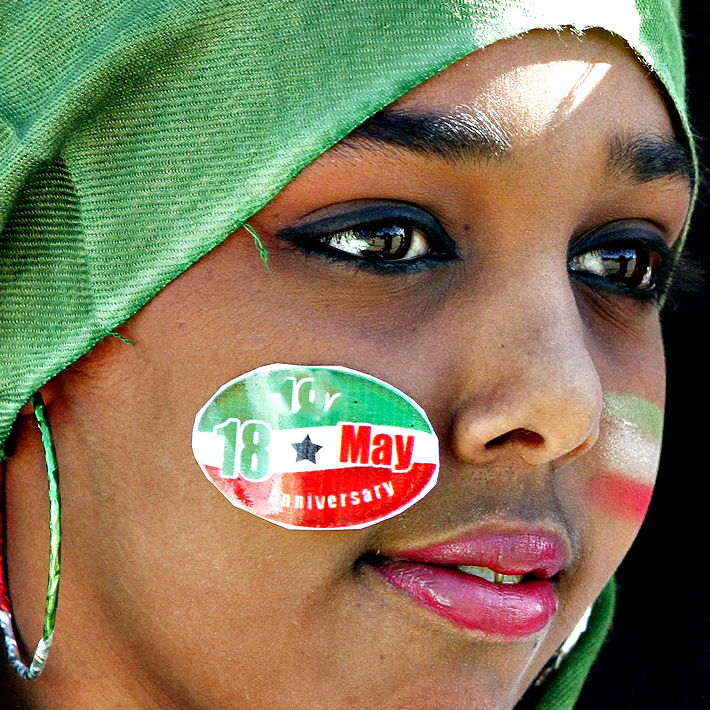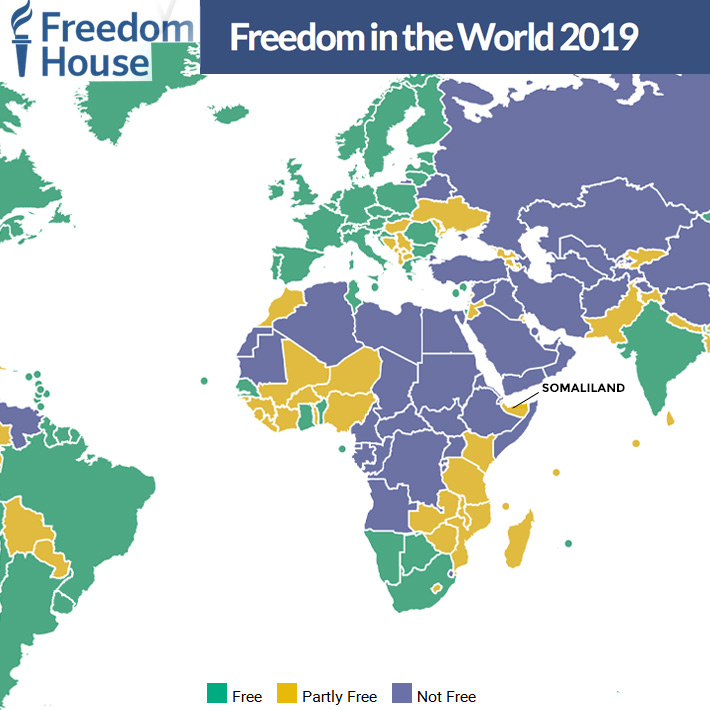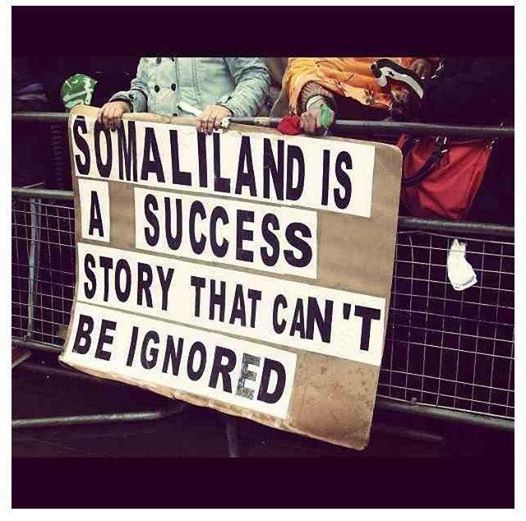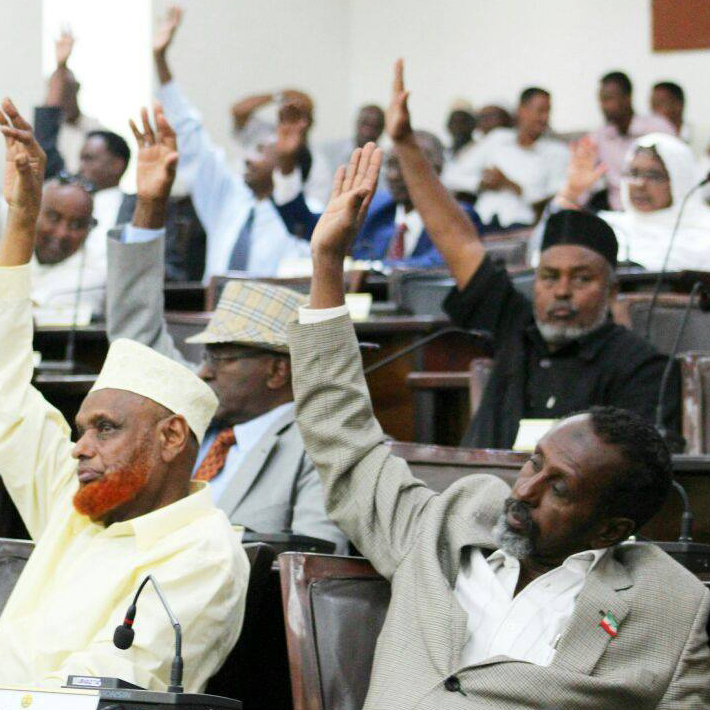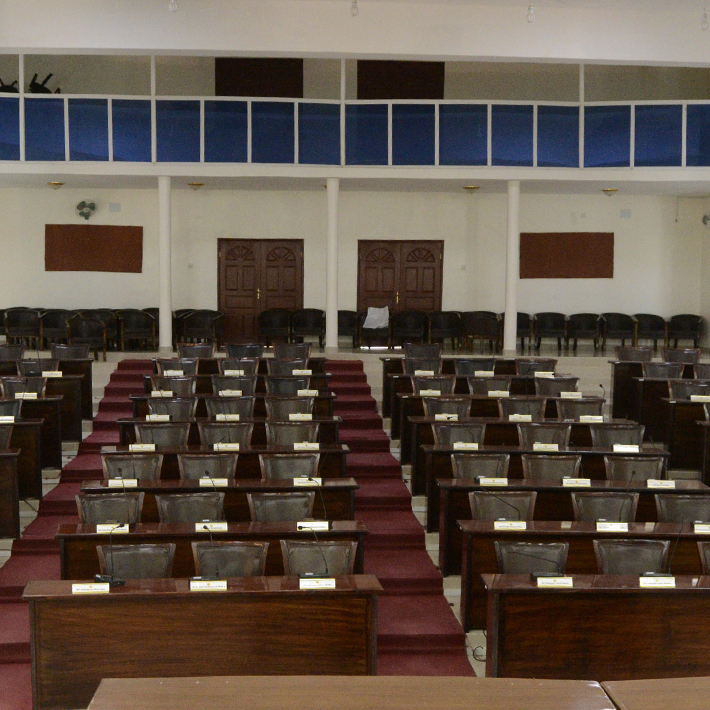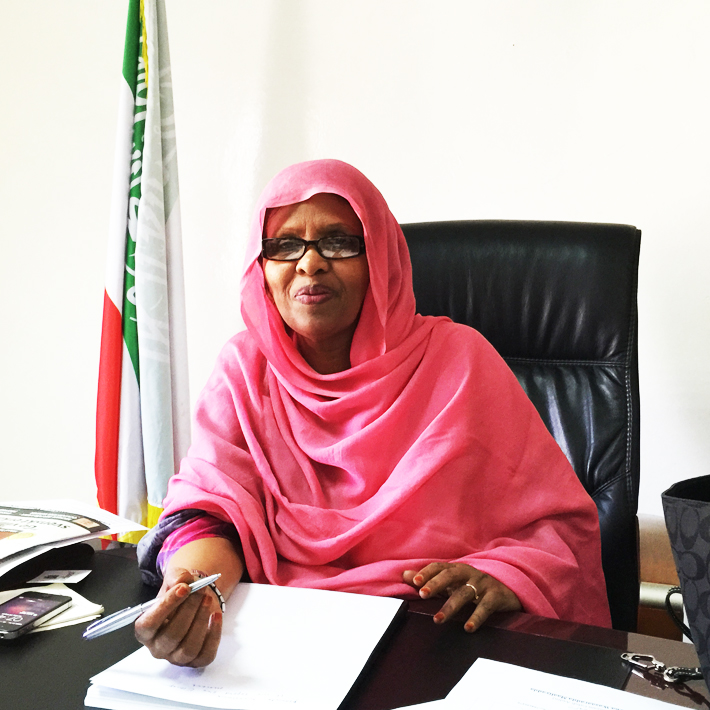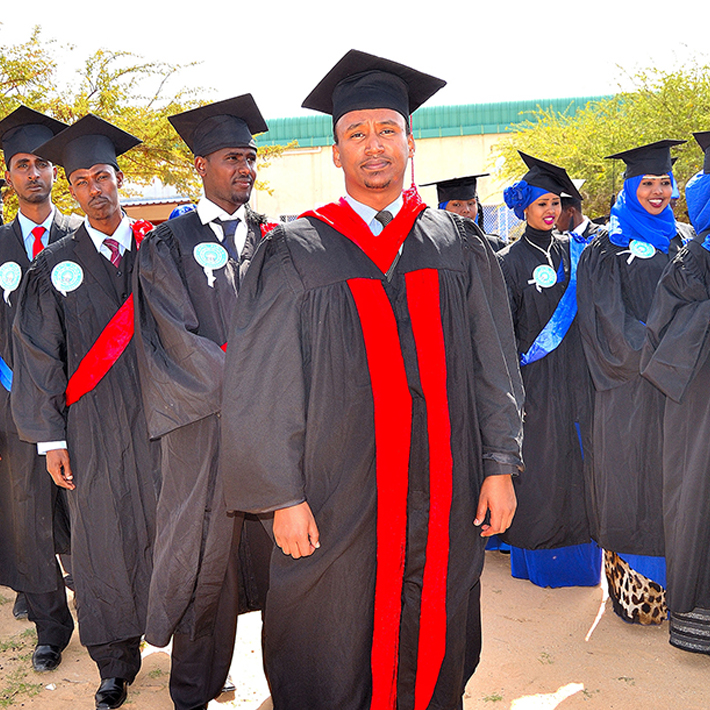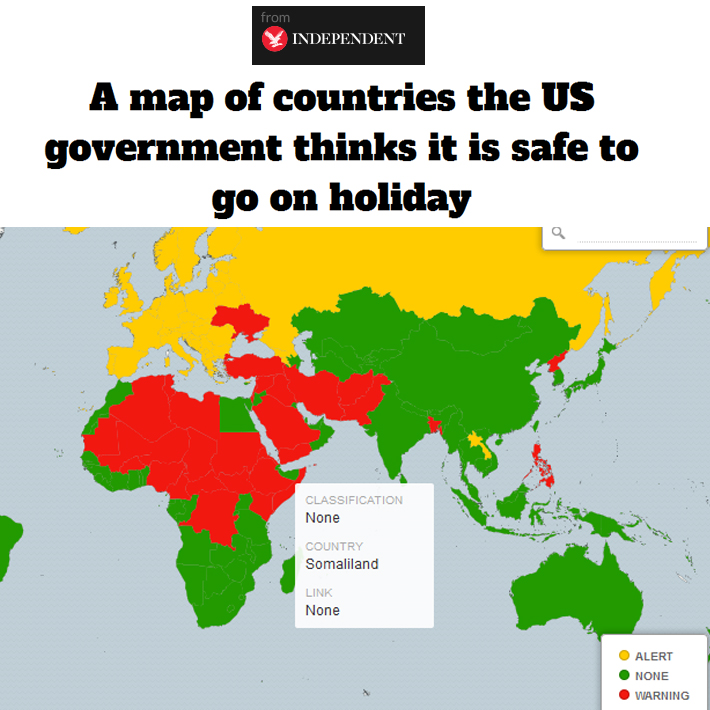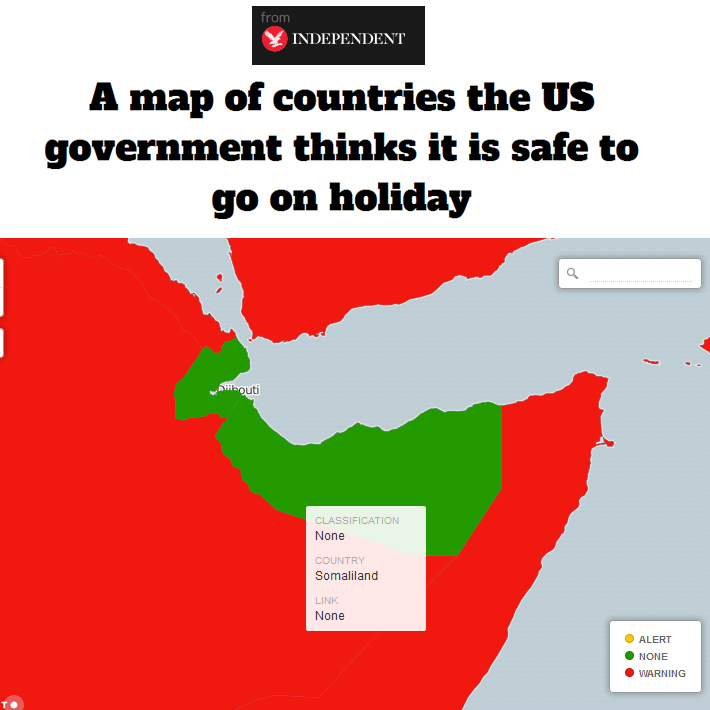Somaliland – a unique example of peace and democracy
In a world characterized by increasing uncertainty and lack of freedom, the Republic of Somaliland in the Horn of Africa is an exception. The country has developed into the region’s only functioning democracy with constantly deepening work for human rights and equality. The country has a long history and an exciting culture. By combining a modern democracy with ancient forms of governance, the country is today a shining example that peace and democracy are possible in this part of the world characterized by dictatorship, terrorism and lack of freedom. The country meets all the criteria for full recognition as the independent country it is. It is time for the outside world to take a stand for continued democratic development in the Horn of Africa and the Somaliland people’s right to their place among the nations of the world.
Dr. Abdirahman Mohamed Abdullahi Irro, President of The Republic of Somaliland

Dr. Abdirahman Mohamed Abdullahi Irro, President of The Republic of Somaliland

